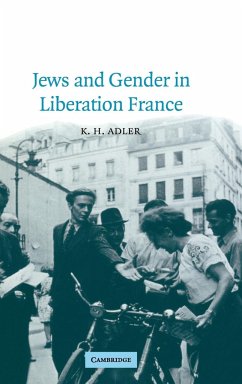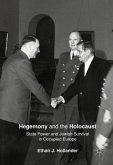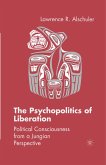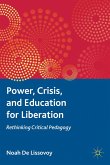Short description/annotation
A new look at France during and after the German occupation in World War II.
Main description
This book takes a new look at occupied and liberated France through the dual prism of race, specifically Jewishness, and gender - core components of Vichy ideology. The imagining of liberation and the potential post-Vichy state, lay at the heart of resistance strategy. Their transformation into policy at liberation forms the basis of an enquiry that reveals a society which, while split deeply at the political level, found considerable agreement over questions of race, the family and gender. This is explained through a new analysis of republican assimilation which insists that gender was as important a factor as nationality or ethnicity. A new concept of the 'long liberation' provides a framework for understanding the continuing influence of the liberation in post-war France, where scientific planning came to the fore, but whose exponents were profoundly imbued with reductive beliefs about Jews and women that were familiar during Vichy.
Table of contents:
List of illustrations; Abbreviations; Acknowledgements; 1. Introduction: the long liberation; 2. Narrating liberation; 3. Anticipating liberation: the gendered nation in print; 4. Limiting liberation: 'the French for France'; 5. Controlling liberation: Georges Mauco and a population fit for France; 6. Liberation in place: Jewish women in the city; 7. Conclusion; Notes, Bibliography; Index.
Hinweis: Dieser Artikel kann nur an eine deutsche Lieferadresse ausgeliefert werden.
A new look at France during and after the German occupation in World War II.
Main description
This book takes a new look at occupied and liberated France through the dual prism of race, specifically Jewishness, and gender - core components of Vichy ideology. The imagining of liberation and the potential post-Vichy state, lay at the heart of resistance strategy. Their transformation into policy at liberation forms the basis of an enquiry that reveals a society which, while split deeply at the political level, found considerable agreement over questions of race, the family and gender. This is explained through a new analysis of republican assimilation which insists that gender was as important a factor as nationality or ethnicity. A new concept of the 'long liberation' provides a framework for understanding the continuing influence of the liberation in post-war France, where scientific planning came to the fore, but whose exponents were profoundly imbued with reductive beliefs about Jews and women that were familiar during Vichy.
Table of contents:
List of illustrations; Abbreviations; Acknowledgements; 1. Introduction: the long liberation; 2. Narrating liberation; 3. Anticipating liberation: the gendered nation in print; 4. Limiting liberation: 'the French for France'; 5. Controlling liberation: Georges Mauco and a population fit for France; 6. Liberation in place: Jewish women in the city; 7. Conclusion; Notes, Bibliography; Index.
Hinweis: Dieser Artikel kann nur an eine deutsche Lieferadresse ausgeliefert werden.








